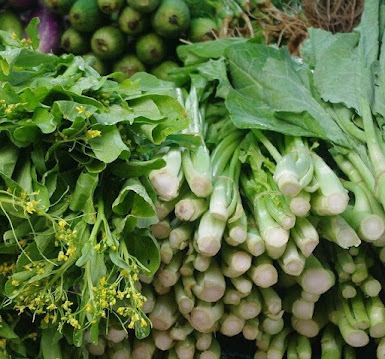Naturally accruing compound, phytochemicals are defined as bioactive nutrient plant chemicals in fruits, vegetables, grains, and other plant foods that may provide health benefits for humans as medicinal ingredients and nutrients.
The phytochemicals impart a plant with color, aroma, and flavor and a protection from infection and predators. Phytochemicals act as antioxidants, neutralizing free radicals and removing their power to create damage.
They are thought to be largely responsible for the protective health benefits of these plant-based foods and beverages, beyond those conferred by their vitamin and mineral contents.
Among the phytochemicals mentioned as potentially providing health benefits are polyphenols, flavonoids, isoflavonoids, anthocyanidins, phytoestrogens, terpenoids, carotenoids, limonoids, phytosterols, glucosinolates, and fibers.
There are three major groups of phytochemicals:
*Polyphenols – subcategorized as the flavonoids, phenolic acids and other non-flavonoid polyphenols.
*Terpenoids – subcategorized as the carotenoids and non-carotenoid terpenoids.
*Thiols – includes the glucosinolates, allylic sulfides and non-sulfur containing indoles.
Some phytochemicals may:
*Help stop the formation of potential cancer-causing substances (carcinogens)
*Help stop carcinogens from attacking cells
*Help cells stop and wipe out any cancer-like changes
What are phytochemicals?
Carbohydrates and Healthy Weight Gain During Pregnancy
-
Pregnancy places increased nutritional demands on a woman’s body as it
supports the growth and development of the fetus. To meet these needs,
women are adv...



